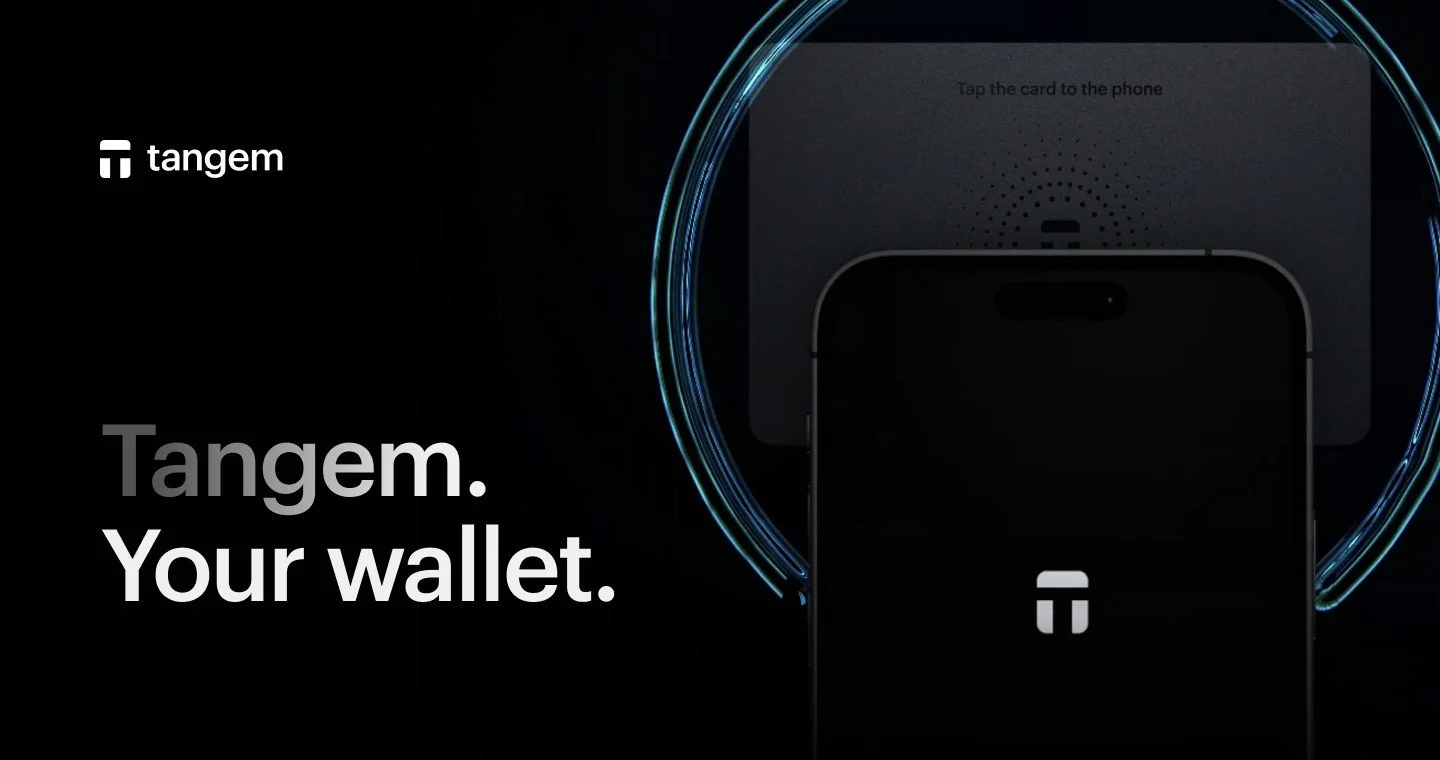First Crypto Bank Launches | Ripple Next?
The financial landscape is experiencing a seismic shift as traditional banking institutions begin to embrace cryptocurrency in unprecedented ways. SoFi's recent announcement that it has become the first nationally chartered bank to offer direct cryptocurrency trading marks a watershed moment for the industry. This development signals more than just another platform for buying digital assets—it represents the fundamental integration of crypto into the core banking infrastructure that millions of Americans rely on daily. As CEO of SoFi emphasized, the bank's charter provides the regulatory safeguards and financial infrastructure that consumers expect, potentially setting a new standard for how digital assets are accessed and managed within the traditional financial system.
The timing of this announcement coincides with several converging factors that could catalyze a broader crypto market rally. The impending government reopening, scheduled for a House vote on Wednesday, may restore confidence to markets that have seen four consecutive weeks of declining ETF inflows for both Bitcoin and Ethereum. The correlation between government shutdown concerns and diminished crypto investment activity suggests that institutional investors have been sitting on the sidelines, waiting for political stability. Once federal operations resume and backpay flows to government employees, market sentiment could shift dramatically, particularly as we enter the traditionally strong year-end trading period.
SoFi's approach offers distinct advantages over existing crypto exchanges like Coinbase and Robinhood by leveraging its full-service banking model. Customers can fund their crypto purchases directly from FDIC-insured checking and savings accounts that earn interest up to $2 million in coverage—addressing two major pain points for crypto investors: idle cash earning zero returns and concerns about asset security. This integration eliminates the friction of transferring funds between separate platforms and provides the psychological comfort of dealing with a regulated banking institution. The initial offering includes Bitcoin, Ethereum, and Solana, with plans to expand rapidly based on customer demand, potentially giving the "SoFi army" influence over which tokens gain mainstream banking access.
Tangem ➜ https://bit.ly/TangemPBN | Use Code: "PBN" for Additional Discounts!
The ripple effects of SoFi's move are likely to be substantial and swift. Neo-banks, which have built their business models on technological innovation and customer-centric services, are now in a race to offer competitive crypto products before losing market share. While SoFi currently holds approximately $36 billion in assets—modest compared to JPMorgan's $3.6 trillion—the agility of these digital-first institutions positions them to capture a disproportionate share of the growing crypto-curious demographic. Traditional banks face a strategic crossroads: adapt their products to include digital assets or risk becoming obsolete to younger, tech-savvy consumers who view crypto as an essential part of their financial toolkit.
Beyond banking integration, several other developments are aligning to support crypto's mainstream adoption. Ripple's OCC banking license application is progressing through its 120-day review period, with approval potentially coming in early 2026, which would establish another major bridge between traditional finance and blockchain technology. The first XRP ETF products have appeared on the DTCC website, suggesting launches could occur as early as this week. Meanwhile, Uniswap's governance proposal to implement protocol fees and burn 10% of its token supply could transform the decentralized exchange into an institutional mainstay. Solana ETFs are already outperforming expectations with strong 10-day inflow runs, demonstrating robust investor appetite for diversified crypto exposure.
The convergence of regulatory clarity, banking integration, and institutional adoption suggests we're entering a new phase of crypto maturation. The potential passage of the Clarity Act by year's end would provide the regulatory framework that traditional financial institutions need to confidently expand their digital asset offerings. As Tom Lee notes, the dynamics favor continued market strength through year-end, particularly as underperforming fund managers attempt to catch up to retail investors who maintained conviction through recent volatility. The infrastructure being built today—spanning Washington DC, Wall Street, and Silicon Valley—points to crypto becoming the foundational layer of tomorrow's global financial system, making current market positions potentially pivotal for long-term wealth creation.
Forge Membership
Get anytime access to our growing collection of insights, analytics, and exclusive content. New items added every month.
✓ Weekly Barron Brief Market Analysis + Trade Insights
✓ Barron Crypto Index (BCI50)
✓ Portfolio Analysis
✓ Market Sentiment Index & TradingView tools
✓ Telegram Community - Direct access to Paul


